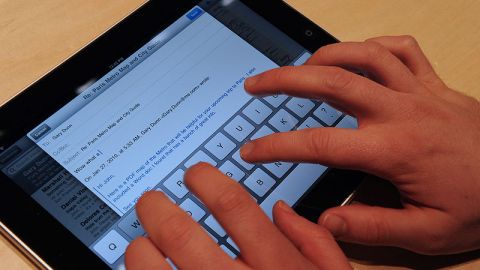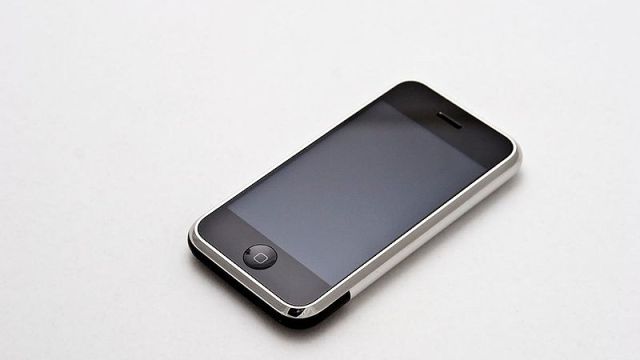A Better Touch Screen Keypad

What’s the Latest Development?
Two Australian computer engineers want to make touch screen typing as easy as typing on a P.C. or laptop. As anyone with a tablet computer knows, touch screen keypads prevent you from resting your fingers on the screen, lest a series of incorrect keys are activated. “And since the keypad is flat, there are no tactile hints as to where the keys are located. As a result, typing can be slow and error prone.” The Aussie team’s solution is a prototype they call LiquidKeyboard. Follow the jump to see their video demonstration.
What’s the Big Idea?
One major impediment to the tablet computer replacing the laptop is the inefficiency of typing on touch screen keypads. LiquidKeyboard is different: “When the user puts his fingers on the surface of the screen a group of keys morphs around each individual finger. The system senses the positions of the fingers and, by calculating the surface area of a finger touching the screen, its relative pressure. The positions of the surrounding keys are set in relation to each finger.” Still lacking a tactile indication as to the keys’ positions, the prototype will take some getting used to.




